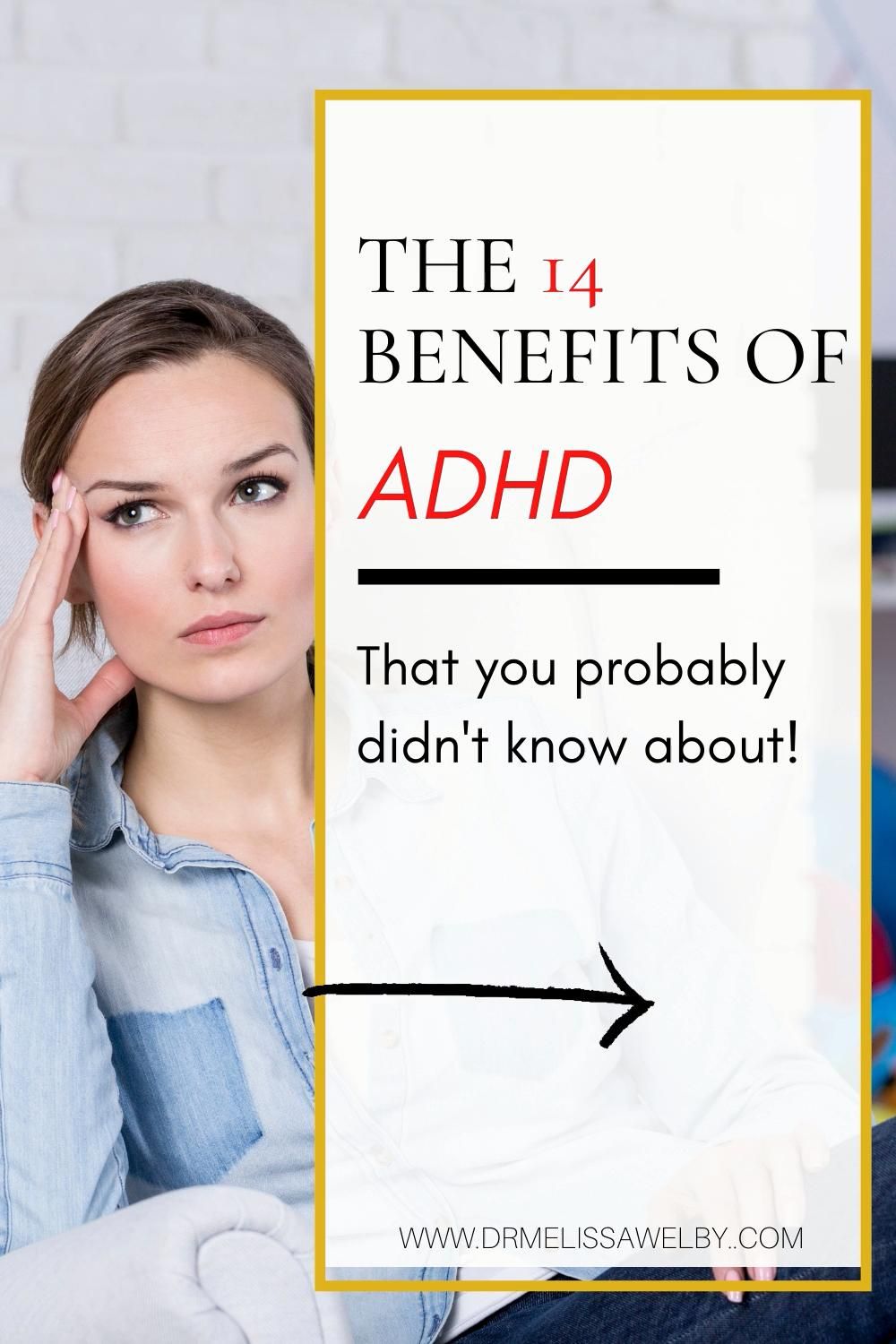Managing ADHD: The Benefits Of Group Support And Shared Strategies

Table of Contents
Understanding the Power of Shared Experiences in ADHD Management
The journey of living with ADHD can often feel isolating. Many individuals experience a profound sense of loneliness, believing they are the only ones facing these specific struggles. Connecting with others who understand the intricacies of ADHD is incredibly empowering. This connection provides emotional and practical support, fundamentally altering the experience of managing the condition.
- Reduced feelings of isolation and shame: Sharing experiences diminishes the sense of being alone in your struggles. Knowing that others face similar challenges validates your experiences and reduces feelings of inadequacy.
- Validation of struggles and experiences: Group settings offer a safe space to openly discuss challenges without judgment. This validation is crucial for building self-acceptance and reducing self-blame.
- Increased self-esteem and confidence: Hearing how others have overcome similar obstacles fosters resilience and boosts self-esteem. Learning from shared successes empowers individuals to tackle their own challenges with newfound confidence.
- Opportunity to learn coping mechanisms from others: The collective wisdom within an ADHD community offers a wealth of coping strategies. Learning from the diverse experiences and techniques of others can significantly improve individual management skills.
The social aspect of an ADHD community is invaluable. Building connections with others who "get it" fosters a sense of belonging and reduces the social stigma often associated with ADHD. This positive social interaction contributes significantly to overall mental well-being. The power of the ADHD community and the benefits of peer support cannot be overstated in the context of effectively managing ADHD.
Practical Strategies Shared Within ADHD Support Groups
ADHD support groups provide a platform for sharing and learning practical strategies that directly improve daily functioning. The exchange of information and lived experiences offers a unique advantage, fostering a collaborative approach to problem-solving.
- Time management techniques: Members often share and refine techniques like the Pomodoro Technique, time blocking, and Eisenhower Matrix for prioritizing tasks.
- Organization strategies: The group provides a space to discuss and troubleshoot organization systems, from using physical planners and digital calendars to implementing effective filing systems and decluttering methods.
- Focus and concentration improvement methods: Members share strategies like mindfulness exercises, meditation techniques, and environmental modifications to enhance concentration.
- Strategies for managing impulsivity and hyperactivity: Group members can offer support and advice on managing impulsive behaviors and finding healthy outlets for excess energy. This includes strategies for self-regulation and managing emotional responses.
- Coping mechanisms for emotional regulation: Support groups create a safe space to discuss emotional challenges related to ADHD, such as frustration, anxiety, and low mood. Members share coping strategies such as emotional labeling, deep breathing exercises, and positive self-talk.
The practical application of these ADHD strategies, learned and refined within the group, translates directly into improved daily life, making managing ADHD significantly more manageable.
The Role of Professional Guidance in ADHD Support Groups
While peer support is invaluable, the presence of a trained professional significantly enhances the effectiveness of ADHD support groups. A skilled facilitator plays a critical role in creating a truly supportive and productive environment.
- Ensuring a safe and supportive environment: Professionals establish ground rules and ensure respectful communication, creating a secure space for vulnerability and open sharing.
- Providing expert advice and guidance: Facilitators offer expert knowledge on ADHD, medication management, and various therapeutic approaches.
- Educating members on ADHD and related topics: They can provide educational resources and address misconceptions, fostering a deeper understanding of the condition.
- Facilitating healthy communication and interaction: Professionals guide constructive conversations, help members navigate conflicts, and promote a positive group dynamic.
- Connecting members with additional resources: Facilitators can connect individuals with therapists, psychiatrists, coaches, or other professionals who can provide further support.
It's important to distinguish between a support group and therapy. While support groups offer peer support and shared strategies, therapy provides individual personalized treatment. Both can be beneficial components of a comprehensive approach to managing ADHD. The presence of an ADHD therapist or mental health professional in a support group adds significant value to the experience.
Finding and Participating in Effective ADHD Support Groups
Finding the right support group is crucial for maximizing its benefits. There are various avenues to explore:
- Online forums and communities: Numerous online platforms offer supportive communities for individuals with ADHD. These can be particularly helpful for those in geographically isolated areas.
- Local support groups and organizations: Many local organizations and mental health centers offer in-person support groups, providing opportunities for face-to-face interaction.
- Therapist-led support groups: These groups offer a structured environment with professional guidance, creating a safe and productive space for sharing and learning.
When choosing a group, consider factors such as the group's size, format (online vs. in-person), and the facilitator's experience. Finding a group that aligns with your individual needs and preferences will significantly increase your chances of a positive experience. Searching for "ADHD support groups near me" or "online ADHD communities" is a great starting point.
Embrace the Power of Community in Your ADHD Journey
Successfully managing ADHD requires a multi-faceted approach. This article highlighted the significant benefits of integrating group support and shared strategies into your ADHD management plan. The power of shared experiences, practical strategies, and professional guidance within an ADHD support group can dramatically improve your quality of life. The community aspect fosters resilience, reduces feelings of isolation, and empowers individuals to navigate the challenges of ADHD with greater confidence and success. Take the first step towards effectively managing ADHD—actively seek out and participate in an ADHD support group. Embark on your journey towards successful ADHD management today!

Featured Posts
-
 Capital Summertime Ball 2025 Wembley Stadium Get Your Tickets Here
Apr 29, 2025
Capital Summertime Ball 2025 Wembley Stadium Get Your Tickets Here
Apr 29, 2025 -
 Tylor Megill And The Mets A Look At His Effective Pitching Techniques
Apr 29, 2025
Tylor Megill And The Mets A Look At His Effective Pitching Techniques
Apr 29, 2025 -
 Nyt Spelling Bee April 27 2025 Complete Solution With Clues
Apr 29, 2025
Nyt Spelling Bee April 27 2025 Complete Solution With Clues
Apr 29, 2025 -
 Mhairi Black And The Complexities Of Protecting Women And Girls From Misogyny
Apr 29, 2025
Mhairi Black And The Complexities Of Protecting Women And Girls From Misogyny
Apr 29, 2025 -
 Cassidy Hutchinsons Memoir Key Witness To January 6th Details Plans For Fall Release
Apr 29, 2025
Cassidy Hutchinsons Memoir Key Witness To January 6th Details Plans For Fall Release
Apr 29, 2025
